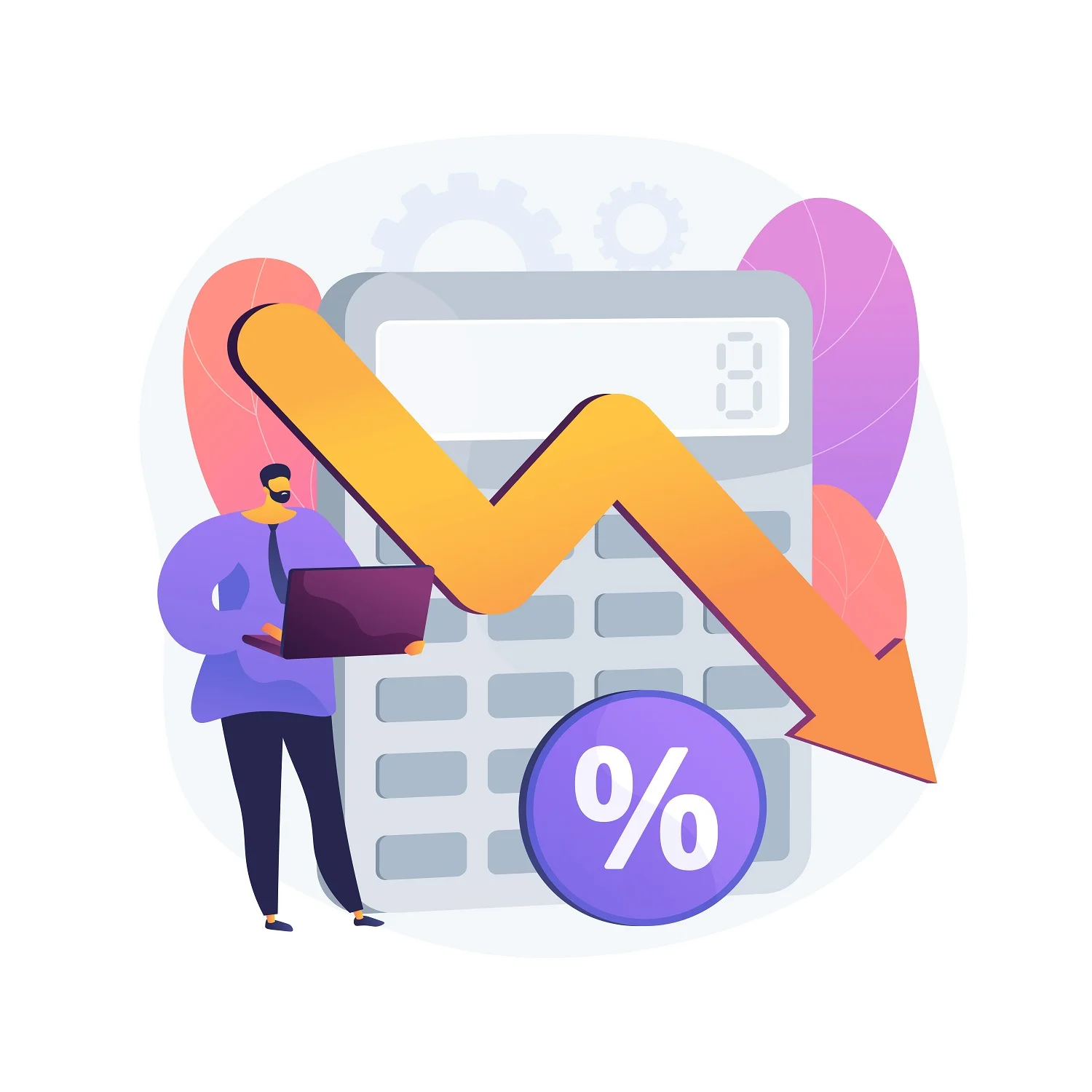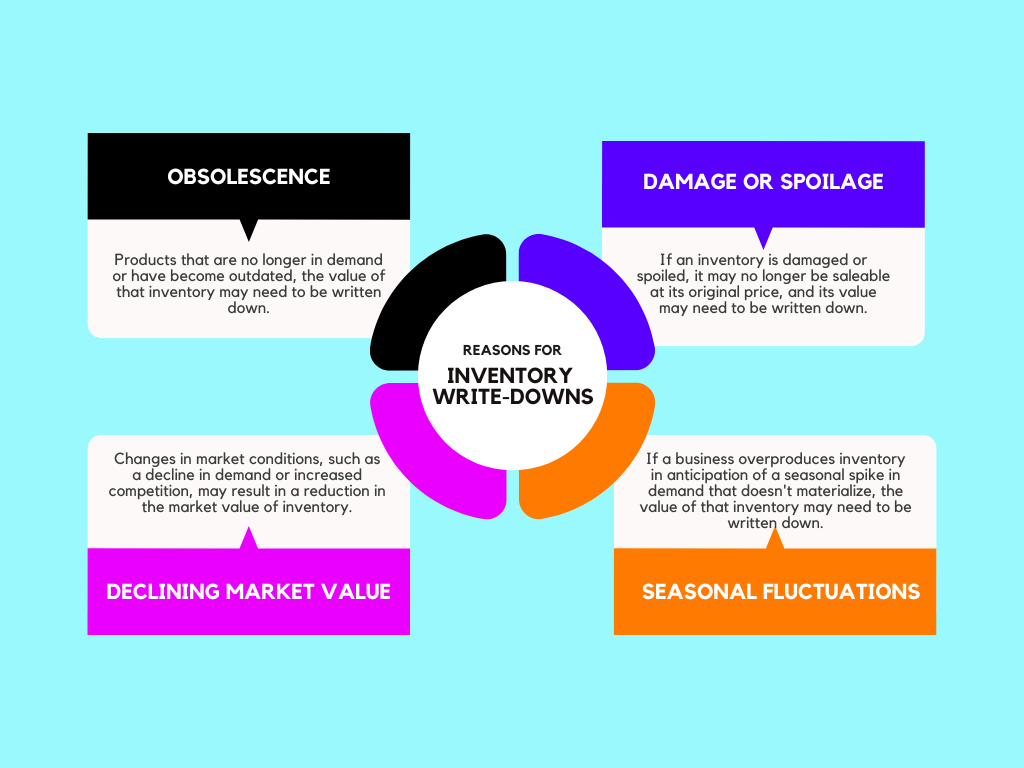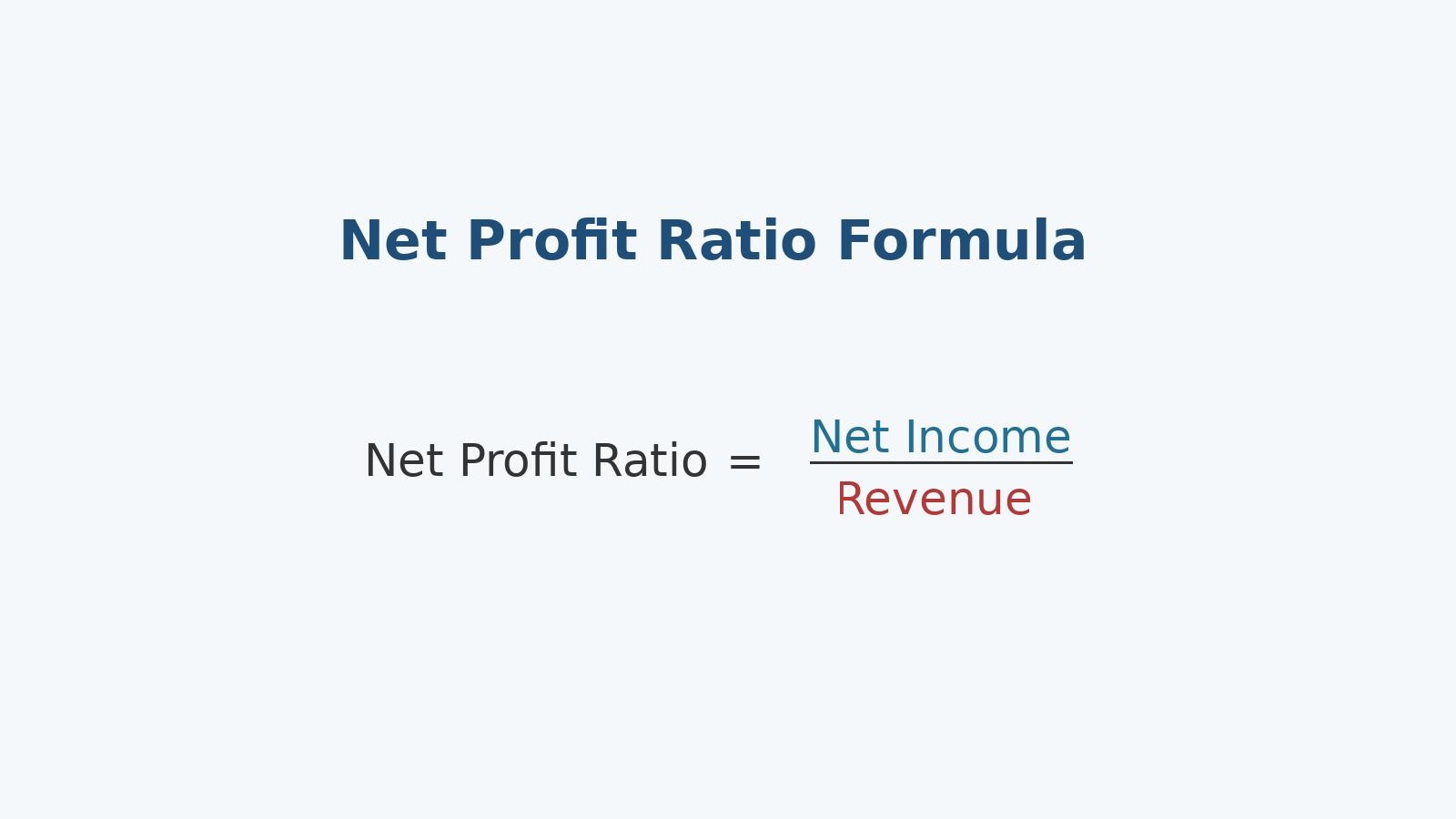
Inventory Depreciation: Strategies for Mitigating Risk and Minimizing Losses
Inventory depreciation refers to the decrease in the value of a company’s inventory over time due to factors such as obsolescence, damage, spoilage, or changes in market demand. This decrease in value is recorded as an expense on the company’s income statement and is reflected in the company’s balance sheet as a reduction in the […]
Read More
Inventory Write-Down: An Essential Guide for Businesses
An inventory write-down is a reduction in the value of a company’s inventory due to a decrease in its net realizable value (NRV), which is the estimated selling price of the inventory minus any costs associated with its sale. It reflects a loss in the value of the company’s inventory and is a non-cash expense that […]
Read More
Profit Margin vs Markup: Differences & Calculations
Margin and markup are both important concepts in business and finance that are used to determine profitability and set prices. Margin refers to the percentage of profit a business makes on the sale of a product or service. It is calculated by subtracting the cost of the product or service from its selling price, and […]
Read More
Profit Ratio: Definition, Calculation, and Best Practices
Profit ratio, also known as profit margin ratio, is a financial metric used to measure the profitability of a business. It represents the percentage of each dollar of sales that is kept as profit after deducting all expenses, including operating expenses, taxes, interest, and depreciation. The profit ratio is calculated by dividing the net profit […]
Read More
Budgetary Control System: An Overview and Key Features
A budgetary control system is a process of monitoring and managing an organization’s financial resources through the creation of a budget, setting targets, and comparing actual performance against budgeted performance. The aim of the system is to ensure that the organization’s financial resources are used efficiently and effectively to achieve its objectives. The system involves […]
Read More
Profit Volume(PV) Ratio: Definition, Formula, and Interpreting
The Profit Volume (PV) Ratio is a financial metric that measures the relationship between a company’s profits and its sales volume. It is expressed as a percentage and is calculated by dividing the company’s profit by its sales revenue. The PV ratio provides valuable insights into a company’s financial performance, particularly its ability to generate […]
Read More
Cost Reduction in Supply Chain Management
A supply chain refers to the entire network of companies, individuals, and resources involved in the creation and delivery of a product or service, from the raw materials stage to the final delivery of the product to the end customer. This includes all the activities involved in the production, transportation, and distribution of goods or […]
Read More
Understanding Beginning Inventory and Its Role in Accounting
Beginning inventory refers to the total value of inventory that a business has on hand at the beginning of a specific accounting period, such as a day, week, month, or year. This includes all of the products or materials that a business has purchased but not yet sold or used in production. The importance of […]
Read More
Assets vs. Inventory: Understanding the Difference
Assets refer to all the resources that a company owns or controls that can provide future economic benefits. These resources can be tangible or intangible, and they are reported on the company’s balance sheet. Inventory, on the other hand, refers specifically to the goods a company has on hand that it intends to sell in […]
Read More
How to Keep Track of Expenses and Profit?
As a business owner, keeping track of your expenses and profit is essential to understand your financial performance and make informed decisions about your business. Properly tracking your finances can help you identify areas for improvement, stay compliant with tax laws and regulations, and avoid cash flow problems. In this article, we will discuss the […]
Read More